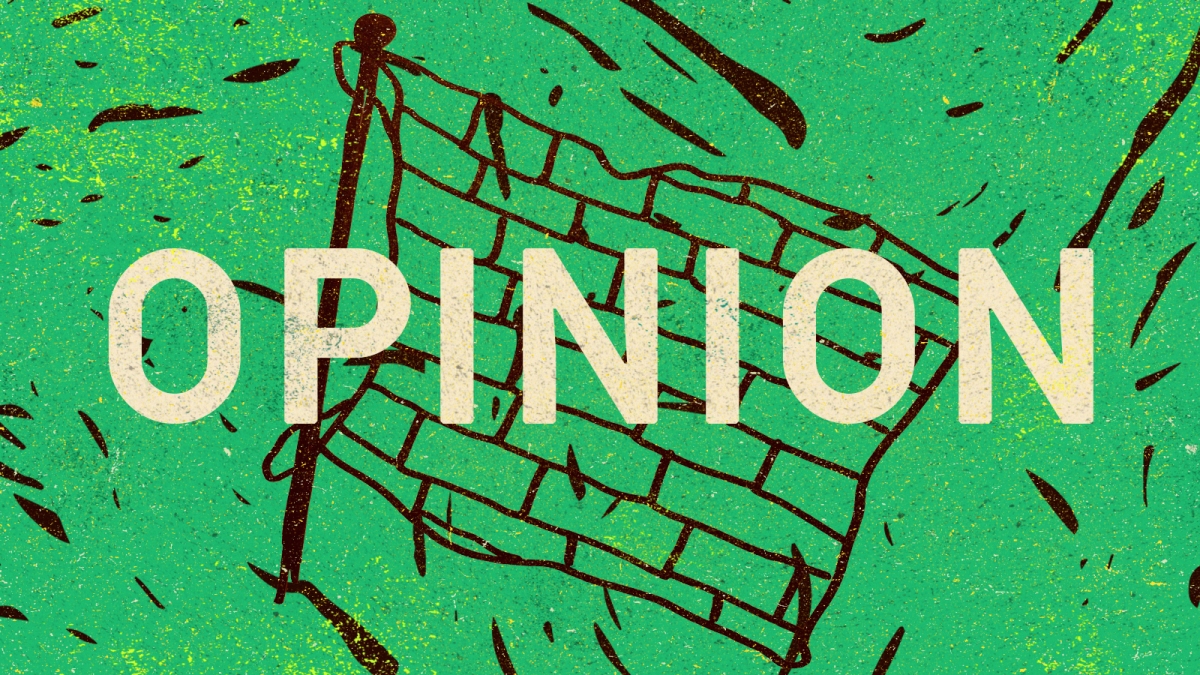Më 2 qershor, u mbajtën zgjedhjet lokale në 89 qytete dhe komuna të Serbisë, duke përfshirë edhe kryeqytetin, Beogradin. Megjithëse listat e rreshtuara me presidentin Aleksandar Vuçiq deklaruan fitore gjithpërfshirëse në shumicën e qyteteve, duke përfshirë Beogradin, Novi Sadin dhe Suboticën, triumfi i partive opozitare në disa qytete është dritë shprese dhe arsye për të festuar për shoqërinë serbe. Zgjedhjet për Kuvendin Komunal të Beogradit u përsëritën për shkak të shumë parregullsive në dhjetor të vitit 2023.
Këto janë disa nga pikat kryesore të këtyre zgjedhjeve. Së pari, u dëshmua se Vuçiq-i nuk është i pamposhtur dhe se partia e tij, herët apo vonë, mund të rrëzohet nga pushteti. Së dyti, pavarësisht problemeve me parregullsitë zgjedhore, opozita ia doli të fitojë në disa zona. Së treti, Savo Manojloviq nga Lëvizja Go Change u shfaq si fitues i rëndësishëm, duke shënuar kështu një valë të re të personaliteteve të reja premtuese në politikën serbe. Së fundmi, taktika e opozitës për bojkot rezultoi e dështuar dhe vetëm i pengoi ata për të fituar në Beograd.
According to rezultateve preliminare, opozita ka siguruar ulëse të mjaftueshme që potencialisht të qeverisin në Nish, Çaçak, si dhe disa komuna të tjera brenda Beogradit (Stari Grad, Vracar, Savski Venac dhe Novi Beograd). Megjithatë, me diferencën e ngushtë midis partisë në pushtet – Partisë Progresiste Serbe (SNS) – dhe partive opozitare, kur të numërohen të gjitha votat, mund të ketë ndryshime të minutës së fundit.
Brenga e vërtetë për opozitën është dezertimi i mundshëm i individëve të zgjedhur në listat e tyre. Ka pasur raste në të kaluarën kur të zgjedhurit në listat e opozitës nuk u treguan besnikë dhe e mbështetën partinë në pushtet, SNS-në.
Aspekti kyç i zgjedhjeve ishte Kuvendi Komunal i Beogradit. Për ta konsoliduar elektoratin dhe për t’i rritur gjasat për fitore, SNS e formoi një koalicion të gjerë prej 14 partish, duke përfshirë Partinë Socialiste të Serbisë (SPS), Partinë Radikale Serbe (SRS), Zavetnici (e cila ishte pjesë e listës opozitare me Dveri në zgjedhjet lokale të dhjetorit), dhe disa parti të tjera më të vogla.
Në anën tjetër, partitë opozitare u ndanë në disa lista dhe, për më tepër, u penguan nga thirrjet për bojkot nga Partia e Lirisë dhe Drejtësisë (SSP) dhe Serbia Qendër (SRCE), të cilat më parë ishin pjesë e listës së unifikuar opozitare – “Serbia Kundër Dhunës”. Këto dy parti dolën nga ky koalicion në dhjetor të vitit 2023 dhe bojkotuan zgjedhjet në Beograd, edhe pse nuk vepruan kështu në qytetet e tjera, gjë që shkaktoi konfuzion te votuesit.
Gjithashtu, koalicioni djathtist-monarkist në mes të Partisë së Re Demokratike të Serbisë (Novi DSS) dhe Lëvizjes për Rikrijimin e Mbretërisë së Serbisë (POKS), që fitoi 6.36% të votave në Beograd në dhjetor të vitit 2023, këtë herë vendosi t’i bojkotojë zgjedhjet lokale.
Bojkoti zgjedhor i disa partive kryesore opozitare dobësoi përpjekjet e opozitës dhe e bëri pothuajse të pamundshme fitoren kundër listës së përbashkët të SNS-së dhe SPS-së. Bojkoti e zvogëloi daljen e përgjithshme nga 58% në 46% për vetëm 6 muaj, duke ia mundësuar kësisoj SNS-së, përkundër numrit më të vogël të votave, ta rrisë përqindjen e saj dhe numrin e mandateve në Kuvendin Komunal të Beogradit. Pra, rezulton se vendimi për bojkotimin e zgjedhjeve në Beograd nga vetëm një pjesë e opozitës shkaktoi konfuzitet te votuesit, por nuk e delegjitimoi fitoren e SNS-së.
Koalicioni i mbledhur rreth SNS-së (“Aleksandar Vuçiq, Beogradi Nesër”) do t’i ketë 64 nga 110 mandate në Kuvendin Komunal të Beogradit – pra, shumicën absolute.
Megjithatë, fitorja e SNS-së nuk ishte befasia më e madhe e këtyre zgjedhjeve. Rezultati më i papritur erdhi nga lista “Dr. Savo Manojloviq – Edhe unë jam Beogradi – Go Change” që për herë të parë mori pjesë në zgjedhje. Kjo listë, me 17.2% të votave, siguroi vendin e dytë.
Go Change është lëvizje e njohur për organizimin e protestave më të mëdha në Beograd, më 2021, duke e kundërshtuar Rio Tinto-n për çështjet mjedisore. Ky është rezultati më i mirë për një parti/listë të vetme që nga viti 2012, kur filloi dominimi i SNS-së dhe Vuçiq-it në Serbi.
Për më tepër, në të gjitha komunat ku Go Change mori pjesë në zgjedhje lokale, ia doli t’i fitojë më shumë se 3% të votave dhe e kaloi pragun zgjedhor. Kjo gjë e pozicionon atë si faktor të rëndësishëm në qeverisjen e ardhshme potenciale në këto qytete.
Një befasi e dukshme, përveç Manojloviq-it në Beograd, është edhe Dr. Dragan Miliq në Nish, lista e të cilit fitoi 24% të votave. Kjo ia mundësoi opozitës rrëzimin e SNS-së dhe SPS-së nga pushteti.
Votuesit serbë kanë demonstruar gatishmërinë e tyre për t’i përkrahur personalitetet e reja në politikë dhe kanë nxitur diskutime për pensionimin e mundshëm të shumë udhëheqësve të vjetër politikë.





























































